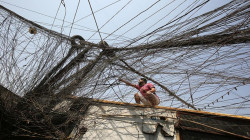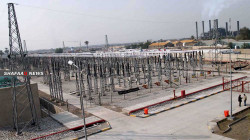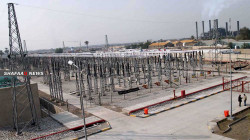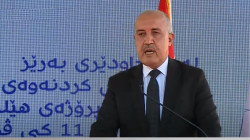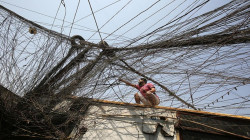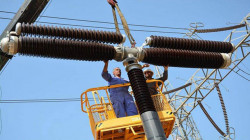Summer's heat and lack of energy infuriate the citizens and empty their pockets
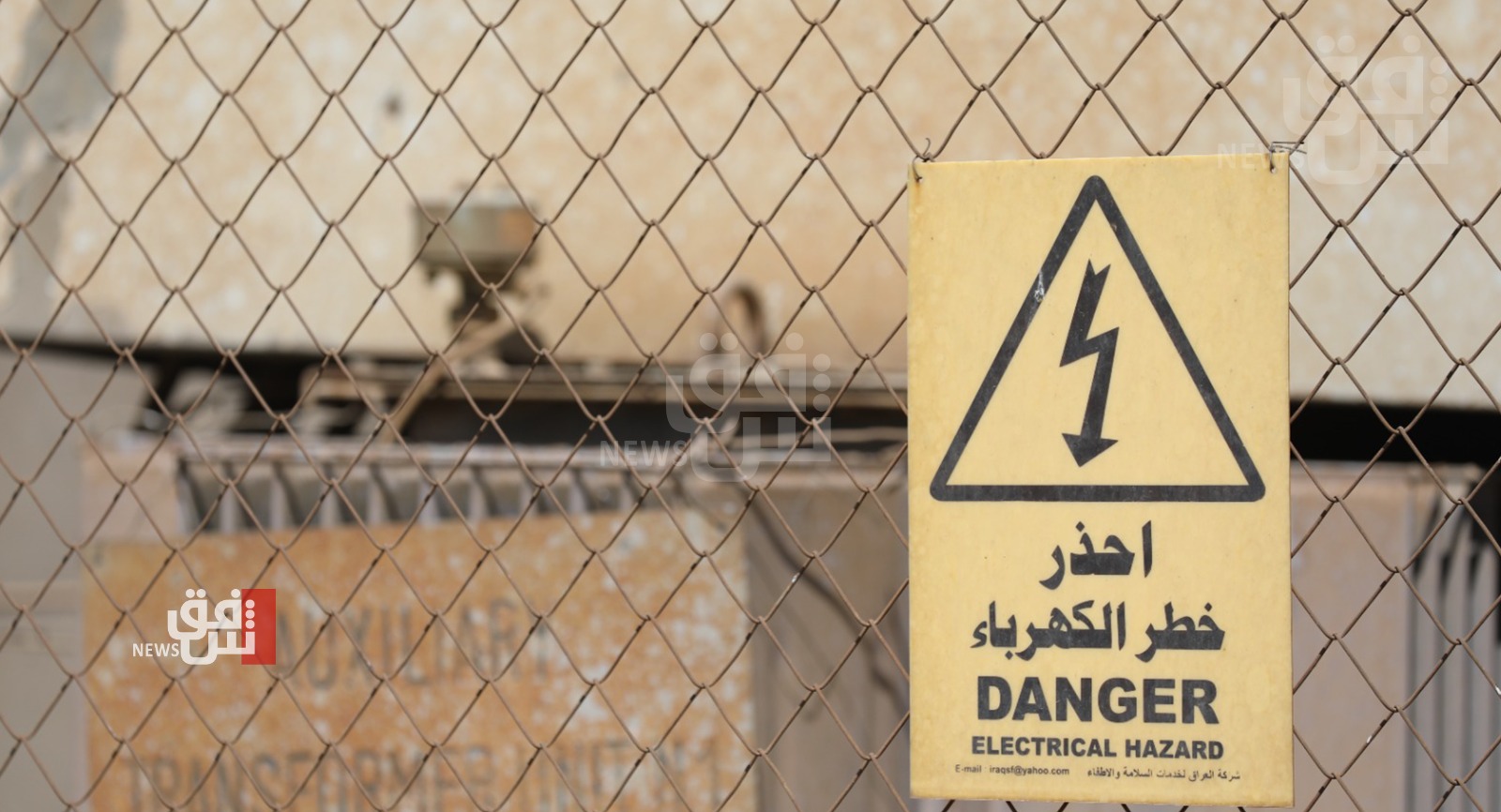
Shafaq News / Few generating units, dilapidated distribution networks, insufficient fuel, attacks on power transmission towers, abuses on the electrical system, and a pervasive corruption experienced by Iraqis for three decades, all lead to a near lack of power supply in OPEC's second-largest oil producer that owns the world's fifth-largest oil reserves.
"The imbalance in electricity in Iraq is found in production, transportation, distribution, in addition to the failure to regulate the issue of fuel and deliver it to stations promptly, as well as the reliance in this regard on external sources," economist Bassem Jamil Antoine told Shafaq News agency.
"Widespread corruption in the ministry has also posed a major threat, with 80 billion dollars spent on the system since 2003 and production up to 20,000-21,000 megawatts, while every billion dollars is supposed to be spent for 1,000 megawatts of production," he said.
He also added, "The concerned authorities need to reconsider the matter and find out where these amounts have gone and been disbursed. Also, the loss of 7,000,000 megawatts after the southern governorates have exceeded their quotas is unacceptable, and there must be control, law, and calculation during the distribution of quotas."
"The expansion within the uncalculated residential neighborhoods, the division of residential homes, a large number of air conditioners within the same house, poor electrical system, the lack of production units, as well as thefts from the electrical system, cause the deterioration and power outages," energy expert Hamza al-Jawahiri told Shafaq News agency.
"Using solar energy is useful only in agricultural areas," he said, adding, "Using it in cities is meaningless for their expensive cost, which is four times higher than in fossil oil-based plants."
The Ministry of Electricity appears to be using a new card, namely, the money, to justify the electricity shortage.
Ministry of Electricity: We need money
The Electricity Ministry stated that it needs funds to manage its projects and sustain the work of power plants, "The ministry needs funds to manage its projects and the continued operation of power plants," ministry spokesman, Ahmed Moussa, told Shafaq News agency.
"The ministry has not yet received its financial allocations for the current year, despite being reduced from 22 billion to 10 billion," Moussa said, pointing, "This year has seen many challenges in the electrical system beyond the control of the ministry, including tower bombings and over-quotas by some governorates."
Citizens: Our salaries have evaporated into thin air
Many citizens said that their salaries evaporated at the beginning of the month due to lack of electricity.
"The salary that I receive from my work at electrical appliance sales company evaporates at the beginning of the month," Yasser Abdel Moneim told Shafaq News agency, adding that he pays 140,000 dinars to civil generators to get seven amps that are not enough to operate any air conditioner, as well as occasionally paying government electricity bills in exchange for the non-existent electricity.
" Every summer, we suffer from a major and continuous power outage, while civil generators' owners exploit that and raise prices significantly," Abdel Moneim said, adding, "Threats by officials to generators' owners not to raise prices are nothing but dead letters."
"There is a prior agreement between the distribution of government electricity and the owners of civil generators to cut off electricity for long hours by the end of each month to raise the civil generators' prices," Hassan Hadi told Shafaq News agency.
Hadi also added, "The government has made no effort to solve the electricity problem, and its work is limited to statements and blame on certain entities, while the billions of dollars spent on electricity have gone into the pockets of the corrupt."
Cash-strapped Iran has pressed the Iraqi government to release Iraq's delayed payments due to the latter's import of electricity from Iran across four lines.
Iran also exports gas to Iraq through two pipelines used to generate power at power plants in Basra, Samawah, Nasiriyah, and Diyala.
Iraq owes Iran 4 billion dollars in energy imports, and the country's economic crisis has caused delays as a result.
In light of the crisis, Iraq is trying to find some solutions to the problem through the trend of electrical connectivity with Turkey, the Gulf, and Jordan.
Iraq has been suffering from an electricity shortage since the beginning of 1990, and hours of electricity rationing increased after 2003 in Baghdad and the governorates, due to many outdated stations in addition to the sabotage of facilities during the past five years. Hours of power outages for citizens increased to about 20 hours per day, increasing people's dependence on small power generators.
